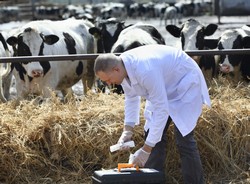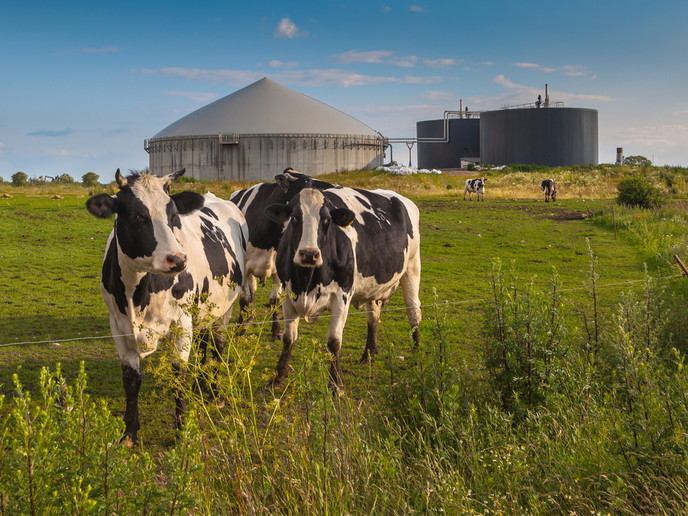Cost-effective animal health surveillance
Intensification of global trade of animals and their products has increased the risk of occurrence of animal diseases such as African swine fever, foot-and-mouth disease and avian influenza. While stakeholders acknowledge the importance of effective animal health surveillance systems, financial constraints represent a major challenge for national governments for implementing such systems. The EU-funded RISKSUR(opens in new window) (Providing a new generation of methodologies and tools for cost-effective risk-based animal health surveillance systems for the benefit of livestock producers, decision makers and consumers) project took advantage of modern epidemiological methodologies to develop decision-support tools for the design and evaluation of such systems. These tools aimed at confirming freedom from specific animal diseases in defined animal populations, improving early detection and efficiency of finding of disease cases as well as accurately characterising levels of endemic disease. As a first step, the consortium identified the relevant decision makers and other key stakeholders in EU countries and mapped the systems in place. Then frameworks for design and evaluation of surveillance were developed and implemented as web-based decision-support tools. Through an extensive literature review and stakeholder consultation, relevant infectious animal diseases were identified for inclusion in case studies to test the surveillance design and evaluation tools. The project provided decision-makers with validated decision support tools(opens in new window) tailored to their needs that allow the design of more cost-effective animal health surveillance. As a consequence, adoption of the principles captured by the tool will serve to reduce direct and indirect impact of animal disease on European Union citizens. Implementation of the tools and knowledge transfer was led by four SMEs with a proven track record for early adoption and translation of research results. RISKSUR activities have been disseminated through the project's website, LinkedIn, webinars, best practice workshops and a surveillance symposium. In addition, the concepts have been promoted at international conferences of veterinary science and epidemiology. The web-based decision support tool enables policymakers to consider possible options of surveillance system configuration so that an informed design choice can be made and cost-effectiveness improved. This integrated design and evaluation framework represents a significant advance in animal health surveillance and disease control.







